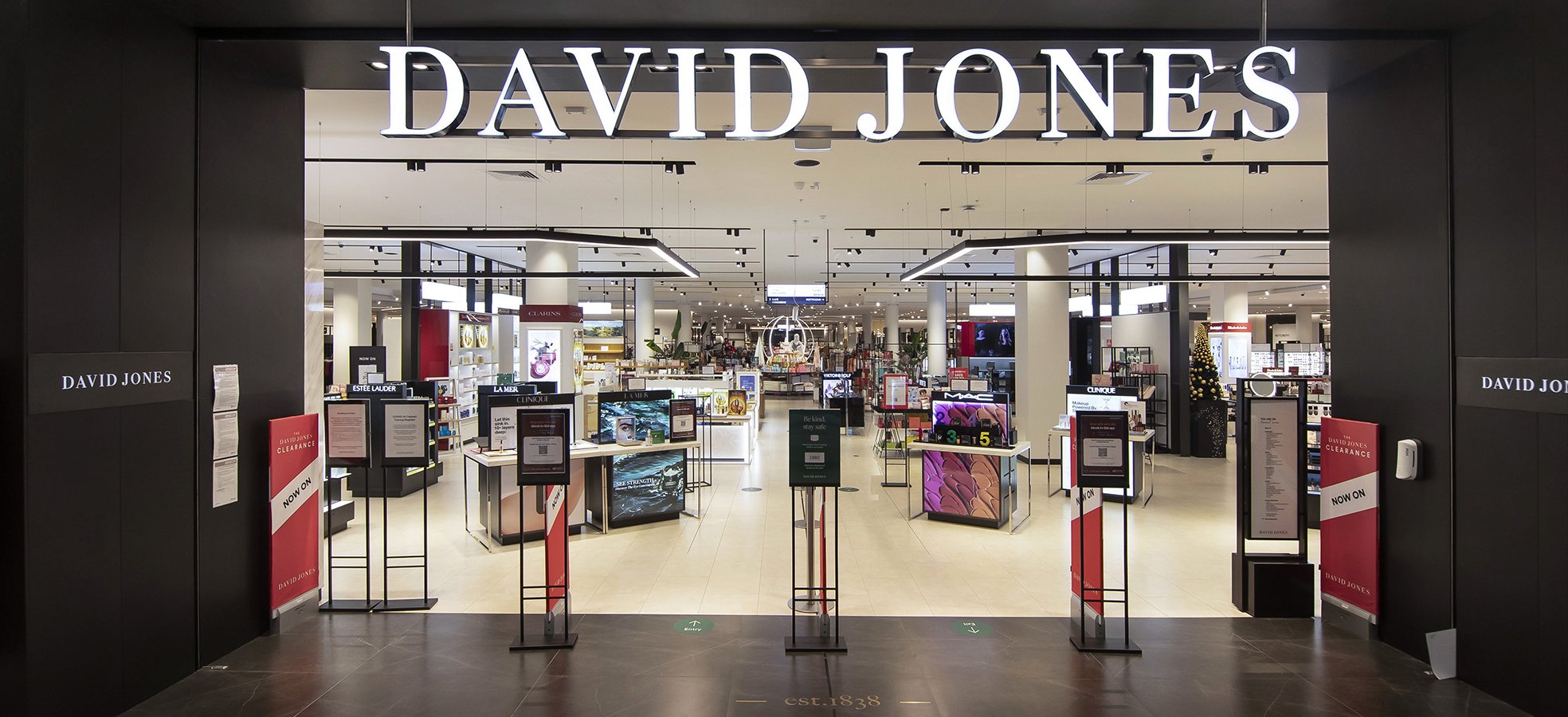This week David Jones is again in the news because of a breach of lease across their Scentre Group portfolio. After a stoush that has been unfolding over at least the past month, Scentre have now issued a formal breach notice on 8 stores (out of a total of 19), because a change in control has occurred without their approval.
DJs was acquired in March 2023 by Anchorage Capital Partners, who have a mixed record on retail acquisitions, with the ill-fated Dick Smith 2012 purchase and subsequent collapse, and the more recent voluntary administration of Scotts Refrigerated Storage, sitting alongside success stories such as Brand Collective (who own Superdry, Volley, Shoes & Sox).
According to the AFR, “Scentre is not convinced Anchorage is a satisfactory counterparty to the lucrative long-term leases it has signed with David Jones and has refused to agree to the change of control”.
What is a Change in Control?
Change in Control is a lease term often overlooked by smaller retail tenants, but very surprisingly so by a major like David Jones. Essentially, change in control refers to a situation where the ownership or control of the tenant changes hands. This can occur in several ways, such as through a merger, acquisition, or sale of the business.
Most tenants don’t assume that their landlord could dictate if and to whom they sell their business. But this clause effectively allows this, and it can come as shock to both little and big retailers alike.
Typically, landlords seek to include this clause in case the tenant is acquired by another company that may not have the same financial strength as the original tenant. This could potentially impact the tenant’s ability to meet their rent, refurbishment, or other obligations to the landlord under the lease agreement.
To protect the landlord’s interests, a lease agreement may require that the tenant obtain written consent before any change in control occurs. The landlord may also reserve the right to terminate the lease if there is a change in control without their consent, as is the current scenario with David Jones, or to require the new tenant to provide additional financial guarantees or security deposits.
The other concern shopping centre owners tend to have is in regard to the new tenant’s reputation and retailing skill. The change in control carries a potential risk of negatively impacting the centre tenancy mix, brand credibility and overall customer experience.
What can tenants do to better protect against a change in control clause?
Whilst they are often tedious to read, and harder to understand, it’s important not to gloss over a change in control clause. This applies even if you are not currently considering selling or listing your business in the future. It’s apparent now that David Jones may not have thought they would ever sell, when some of these breached leases were signed in the 1970s.
Depending on your position, and your landlord’s priorities and concerns, there are a number of different strategies that may be applied in order to reduce your exposure and increase your operating flexibility.
In new lease negotiations, it is often possible to remove this clause altogether, or substantially reduce the limitations it can have on your future dealings. Mitigating this exposure could include seeking an assignment of the lease to the new entity without the need for the landlord's consent, provided that the new tenant meets certain financial criteria. Alternatively, ensuring a change in control only triggers at a certain percentage of ownership (typically 50% or more), or does not apply to an IPO.
If you’d like to learn more about change in control strategies, or other ways to mitigate your leasing risks, reach out to me or any of the team at Franklin Shanks for a chat.
Jaymie Rowland
Head of Retail


